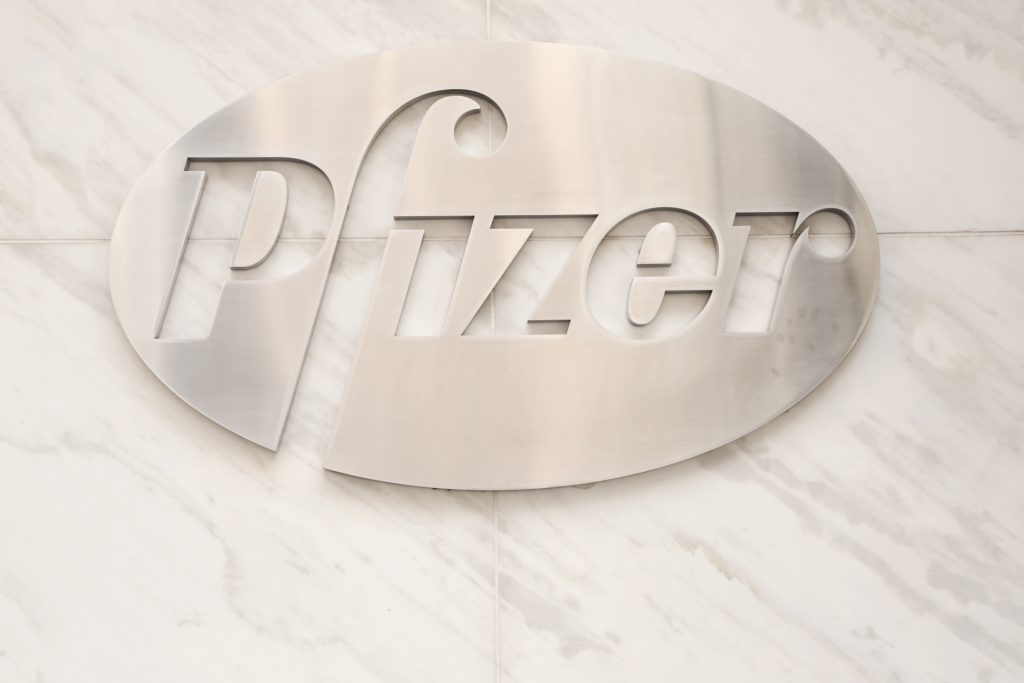Flush with cash from its groundbreaking COVID-19 vaccine, Pfizer announced its all cash acquisition of Global Blood Therapeutics, Inc. for $5.4 billion earlier this month. The biopharmaceutical company develops and distributes medications and therapeutics for underserved patient communities, with a focus on sick cell disease. The purchase price represents a 43% premium over Global Blood Therapeutics’s close before news broke that an acquisition was imminent.
Pfizer has reaped tremendous profits from its response to the pandemic. Driven largely by vaccine sales, the company’s 2021 revenue nearly doubled over 2020 to $81.3 billion. Analysts expect the company’s sales to top $100 billion this year as its COVID-19 antiviral pill Paxlovid has hit the market.
The deal allows Pfizer to diversify its offerings while Global Blood Therapeutics touts the deal in the companies’ joint press release, stating, “Pfizer will broaden and amplify our impact for patients and further propel much-needed innovation and resources for the care of people with sickle cell disease and other rare diseases, including populations in limited-resource countries.”
Pfizer has enjoyed tremendous success in using its resources to accelerate and amplify the technology of smaller partners. This was most notable on display in its development of the mRNA vaccine with partner BioNTech to combat COVID-19. Called the “shot of a lifetime,” by Pfizer, the vaccine was developed at record-breaking speed. Scientists has been attempting to use mRNA technology for decades with limited success because recipients would break down the mRNA too quickly. But BioNTech had discovered that they could use lipid nanoparticles to slow that process long enough for the mRNA to elicit an immune response and “teach” the body to respond to pathogens. Pfizer and BioNTech had already planned to collaborate on a new flu vaccine, but within just 6 days after the World Health Organization declared a global pandemic, Pfizer and BioNTech announced their plans to develop a COVID-19 vaccine.
Unlike competitors, Pfizer did not accept direct government funding for the project but instead used its own resources to fund the development, approval, and distribution of the vaccine. It did, however, enjoy revenues from advanced sales of the vaccine to the United States and other countries.
Source: https://www.bbc.com/news/world-56237778
Due to its effectiveness and supply, the Pfizer vaccine emerged as the “World’s Preferred Shot,” according to the Wall Street Journal. Even though AstraZeneca’s vaccine is distributed in more countries, by the 4th quarter of 2021, those nations had purchased 3.5 billion doses of Pfizer’s vaccine, vs. 2.5 billion doses of AstraZeneca’s.
According to Matterhorn’s M&A database, which harnesses both AI and attorneys to digest the granular deal points of publicly announced transactions. Global Blood Therapeutics was advised by law firms Cravath, Swaine & Moore LLP and Goodwin Procter LLP, and financial advisers Centerview Partners LLC and J.P. Morgan Securities LLC. Pfizer was advised again by
Wachtell, Lipton, Rosen & Katz, and financial advisers Morgan Stanley & Co. LLC and Goldman Sachs & Co. LLC.
